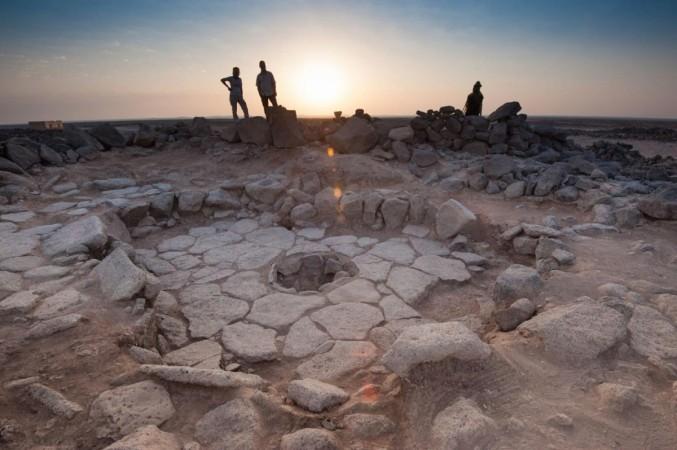
For many, bread is life, in whatever form it is eaten, bread is one of the most important forms of food in the world. It exists in almost every culture and is something that has been perfected for millennia. Archaeologists have unearthed what they are calling the oldest bread ever baked as well as the stone oven that was most used to bake it.
Archaeologists are saying that people were baking well before they set up organised farming practices by a full 4,000 years. This has led scientists to believe that it was the search for better bread and ingredients that eventually led humans to start off agriculture as a way to get consistently good food. It is this move that is believed to set humans off on the path that eventually led to the creation of civilization as it is known, says a report put out by a team of researchers from the University of Copenhagen, University College London and the University of Cambridge.
The site that was being excavated is reported to be in Jordan and archaeologists stumbled upon what looked like a prehistoric oven that had scraps of food still inside it, notes a report on the study by Popular Mechanics. The oven by itself was dated to be about 14,400 years old.
When analysed, the scraps of food was discovered to be some kind of primitive flatbread made of "prehistoric cereals" which were likely the ancestors of modern barley and oats, notes the report. Scientists subjected the samples to further study using electron microscopes to get into deep detail to try and find out exactly how the food was made.

Research reveals that prehistoric grain was gathered, ground, sieved, kneaded, and then baked. This process is strikingly similar to the way flatbreads are made to this day. This is how the researchers concluded that the oven they found was, indeed built for bread baking purposes.
Before this finding, scientists simply assumed that baking was a process that came much after farming became a thing. Now, this finding suggests that farming itself might have come from the drive to get better ingredients so that bread and cooking, in general, could be better.
Tobias Richter, the lead archaeologist, pointed out that, "The early and extremely time-consuming production of bread based on wild cereals may have been one of the key driving forces behind the later agricultural revolution where wild cereals were cultivated to provide more convenient sources of food."
While this line of reasoning is not completely certain, the hypothesis that farming was invented for making better bread certainly plausible, points out the report.










